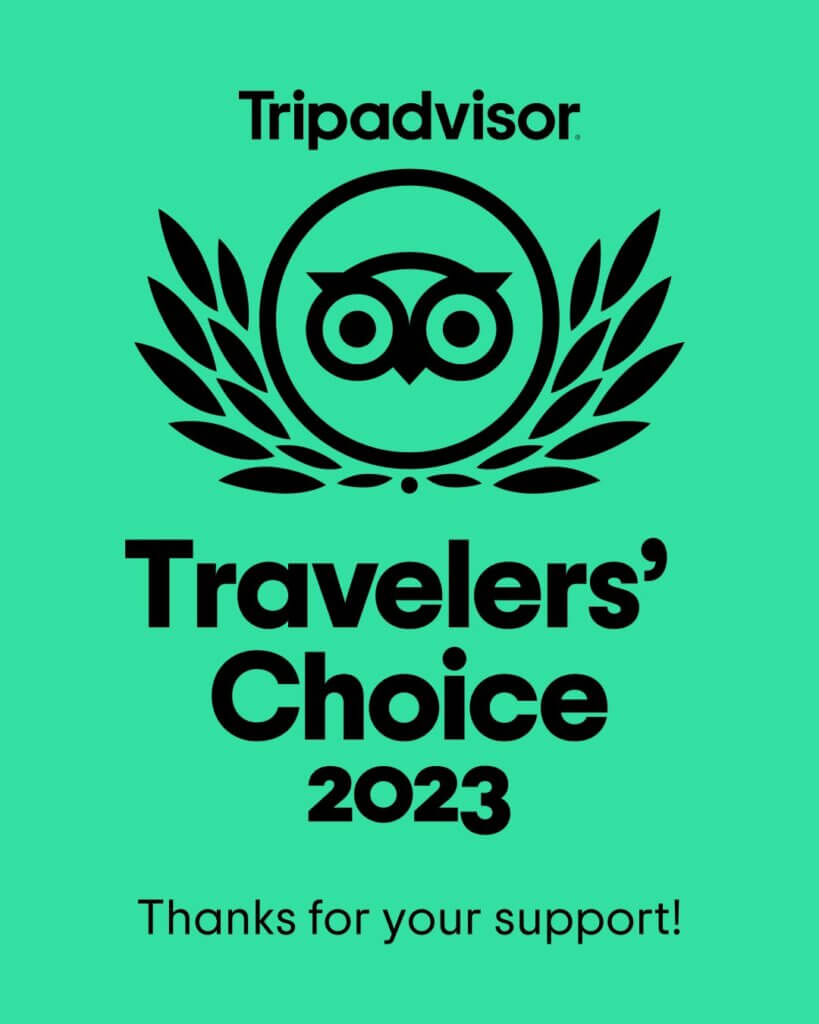
Sunrise in the Mississippi Delta. ©2014 THE DELTA BOHEMIAN®
By WILLIAM PRENTISS
Prior to being in a suspended state due to a brutal attack, I thought I possessed a highly developed, acute conscience. Now I lie here, day after day, frozen, conscience growing richer—more aware—possessing tenderness not evidenced prior to my unexpected change in circumstances.
I cannot communicate with others, only God, and still I shy away from Him. Unable to speak, feel, taste, or smell, I exercise my “awake” time thinking about the past, the future, God, whatever Sis reads to me daily: Tolstoy, the Bible, and a devotional—Jesus Calling. She shares current events and news of friends and family, carefully screened in case I really can hear; she doesn’t want to upset me about things I cannot control.
Sis read today a quote Tolstoy included by Jean Jacques Rousseau, “Conscience is the real judge between good and bad, conscience is what makes a person similar to God, and conscience is the greatest advantage of human nature. Without conscience there would be nothing that would raise us above the animals, and people would move from one lie to another.”
Probity and kindness matter and are wrought through good works established by Truth, Love and the actions of a clean conscience. The riper the conscience the finer the individual, and a refined conscience leading to commendable deeds has a salutary affect on others.
I’ve never rightly seen myself as I am. Do we ever? The most introspective rarely discern themselves as they really are. I’ve always thought of myself as a pretty good guy who simultaneously wasn’t worth killin’: two extremes, both unhealthy.
My lack of humility paired with a self-deprecating, I-am-a-worm mentality were soul retardants producing a confused, self-absorbed individual. Arrogance and self-loathing—flip sides of the same coin—aren’t as polarized as they appear. Both exhibit a lack of dependence on God and others, exacerbated by a consuming focus on self. I believe mankind’s greatest responsibility is to love God and others; this includes self, but as a tertiary priority.
If we do not love ourselves, then we do not understand God and His goodness; therefore, it is impossible to love God and others. If there is no God, then where does the impetus to love others originate? One who does not believe in God might insinuate that the existence of God is not imperative in order for us to know we should love others and treat them well. Yes, but what informs the selfless elements of our humanness?
I would ask the non-believer, if I could talk, what’s the genesis of our desire to love others? The same organism-laden bogs where many believe we emerged, teeming with cold-blooded reptiles regulated by brain stems and foul, unpredictable temperaments? I don’t believe so. Conscience, or the lack thereof, is the conductor of our actions toward God, others and self.
Conscience, the inner voice, which compels and constrains behavior, is the gentle, internal law of God, the burgeoning soul, the seed of goodness, the whisper of God, lovingly deposited within us at conception, renewed with cultivation, and blueprinted to reach toward He who created us in His image, for His purpose, and to do good works in His name and for His glory.
“The purpose of your life is not to do as the majority does, but to live according to the inner law which you understand in yourself. Do not act against your conscience or against truth. Live like this, and you will fulfill the task of your life.” — Marcus Aurelius
Tolstoy’s final admonition: “You cannot fight with the requirements of conscience. These are the rules of God, and it is better to submit to them.”
I wish I could communicate with Sis. I would convey how much I love Tolstoy’s daily devotional. I would also tell her that I disagree with him about fighting the requirements of conscience. God gives us free will and we too often disregard the still, small, internal voice to the detriment of others and ourselves!
God help me to be humble, tender, and centered on the needs of others, yet confident in your forgiving Grace! Let my conscience be my guide.
MORNINGS WITH TOLSTOY consists of the inner reflections of a man in a coma, the victim of a senseless beating. He can only hear, and no one knows this, but maybe his sister. Sis reads three devotional pieces daily and the internal dialogue reflects his response to them.
Mornings with Tolstoy – The Beginning
Mornings with Tolstoy – Day Two: And Goodness for All
Mornings with Tolstoy – Day Three: Focus on the present
Mornings with Tolstoy – Day Four: Pilgrims
Mornings with Tolstoy – Day Five: Fettered by Dysfunction
Mornings with Tolstoy – Day Six: Limitations of Pride and Selfishness
Mornings with Tolstoy – Day Seven: Empathy, Compassion and the Root of Both
Mornings with Tolstoy – Day Eight: Religion and Intellect
Mornings with Tolstoy – Day Nine: Conscience, God, Others, and Self
Mornings with Tolstoy – Day Ten: Wealth
Mornings with Tolstoy – Day Eleven: Where?
Mornings with Tolstoy – Day Twelve: Civilization and the Inner Self
Mornings with Tolstoy – Day Thirteen: Judgment, Intentions and Actions










Speak Your Mind